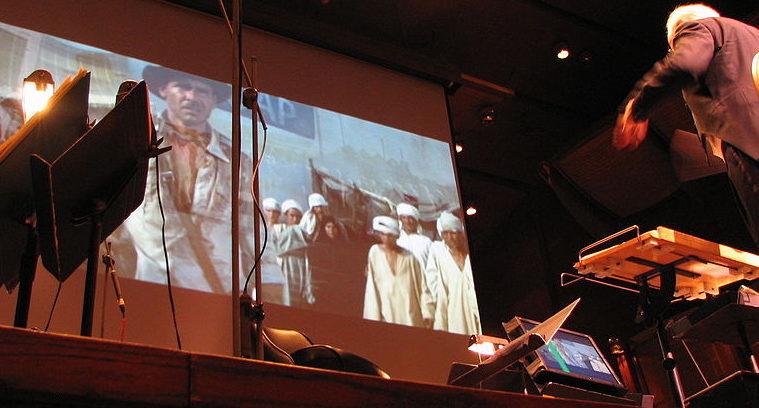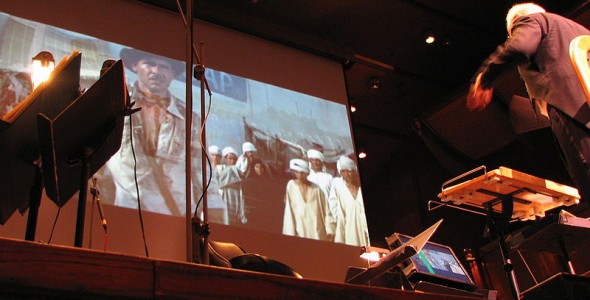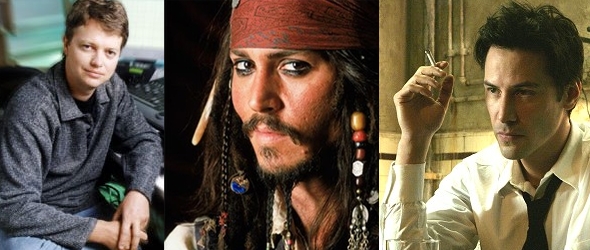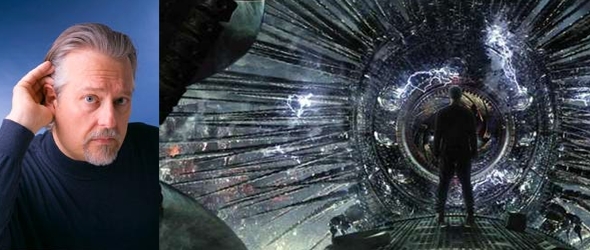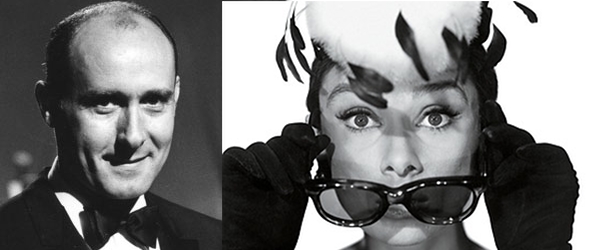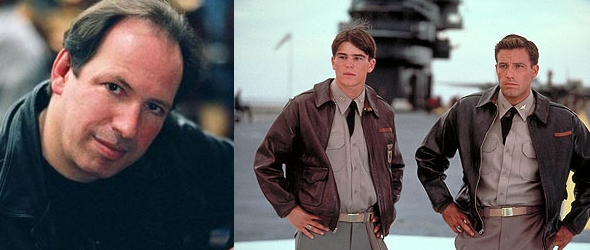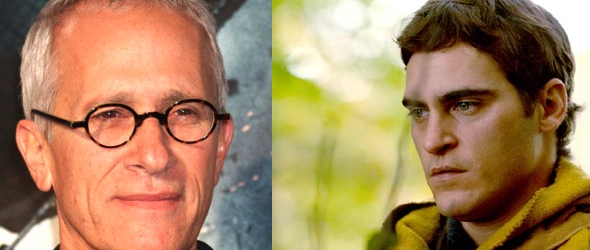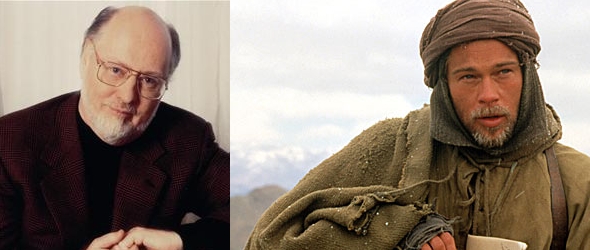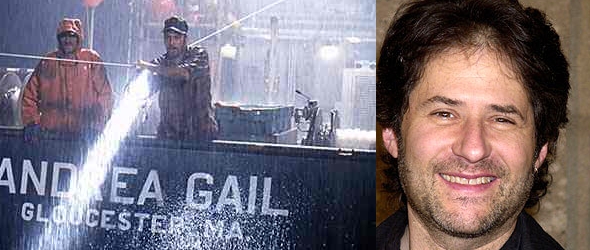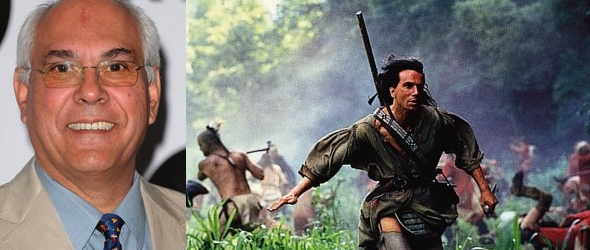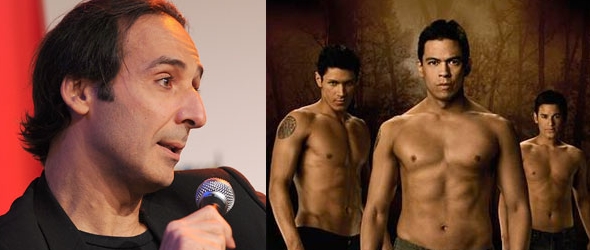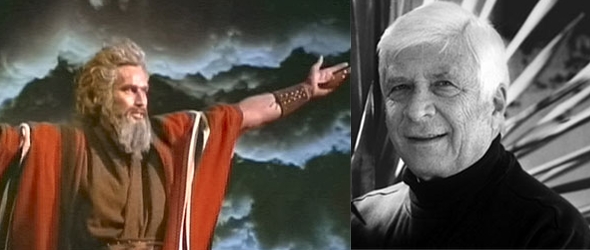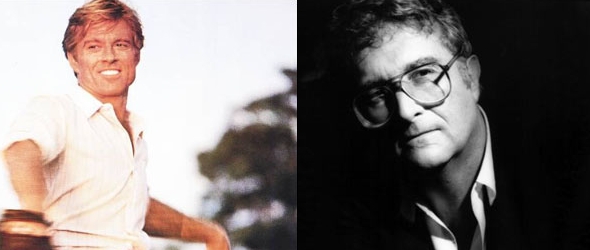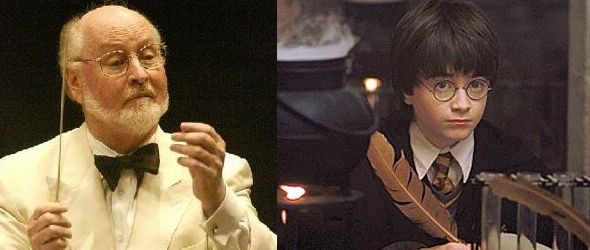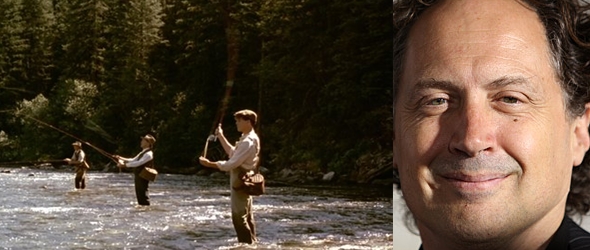You know it when you hear it. Or maybe you don’t. But go back, listen again. The music of the movies make images sing, and the maestros behind the notes never get the credit they deserve. Imagine Jaws without those two notes, Jurassic Park without its theme. Steven Spielberg owes most of his best cinematic moments to John Williams.
As do many great filmmakers to many other, lesser-known music makers. But what about those who’ve made not-so-great films that are blessed with scores that belong in something better?
Unsung notes and strings and orchestras, tonight we honor you.
Runner-Up:
Pirates of the Caribbean: The Curse of the Black Pearl, Constantine – Klaus Badelt
Check out the Top 15 below, in no particular order:
The Matrix Reloaded/The Matrix Revolutions – Don Davis
A post-modern score for a post-modern trilogy, the former of which holds of up much better than the latter. Davis was composing this music for something that was both epic and interesting, not just epically confusing/boring.
The Untouchables – Ennio Morricone
Don’t believe me? The over-acting is borderline unwatchable (“WHAT ARE YOU PREPARED TO DO???!!!), the direction painfully self-aware (although that “Odessa Steps” shout-out at the train station is superb) and the writing is, well, David Mamet at his most capitalistic. That said, Morricone’s score is the stuff of legend. You could show a baby rolling down steps and it would sound ama- oh wait, they did that.
Breakfast at Tiffany’s – Henry Mancini
“Moon River” and Audrey Hepburn save this otherwise mediocre, overly-offensive exercise in genre by the usually-much-better Blake Edwards. Quintessential proof that sometimes all you need is the most beautiful woman in the world singing the most beautiful song in the world to make a classic.
The Mission – Ennio Morricone
Okay, so “Moon River” is the second most beautiful song, because nothing gets in front of Morricone’s score for Roland Joffe‘s Palme d’Or-winning, immensely overrated, The Mission, starring Robert De Niro as a sinful man who thrusts himself under the tutelage of Jeremy Irons‘ Jesuit priest. Between the South American setting (there are a lot of waterfalls) and Morricone’s score, this overwrought tale of white man’s redemption is worth it. To describe the music would be to do it an injustice. It needs to be heard.
Pearl Harbor – Hans Zimmer
This is music easily forgotten when considering the images (and, more importantly, words) it is put to. But go back, watch again, and recall how effective those 45 minutes in which Michael Bay actually recounts the Pearl Harbor attack are. And why is it so effective? The special effects yes okay, but Zimmer’s score as well. Even the much-hated romantic scenes are accompanied by a full orchestra and subdued piano behind it. It’s the kind of stuff composers like Maurice Jarre (1962’s D-day film The Longest Day) didn’t have the balls to make for war films back in the day.
The Village – James Newton Howard
This score is as romantic as the M. Night Shyamalan‘s film should have been. It all comes together in one precious, unmatched scene.
Watch below:
Meet Joe Black – Thomas Newman
Eerily similar to the comments above regarding Howard’s The Village score. Thomas Newman says more about the agony and ecstasy of life in 10 minutes than director Martin Brest and a beautifully blonde Brad Pitt can say in 3 hours.
Case in point:
Seven Years In Tibet – John Williams
Brad Pitt had a couple of bad years during the mid-90s, but at least the scores to his films were always good. Few saw, and even fewer liked, Jean-Jacques Annaud‘s ambitious failure about the Austrian adventurer Heinrich Harrer (Pitt) and his odd friendship with the young Dalai Lama, so the John Williams‘ strange, epic, sprawling score gets lost in the mix. And let us not forget who he had doing the cello solos: the great Yo-Yo Ma:
The Perfect Storm – James Horner
This is a very traditional score, like most of Horner’s work. He’s Elmer Bernstein for our generation, not that there’s anything wrong with that. Horner’s score for Wolfgang Peterson‘s overwrought affair fits the tone of the film perfectly: six fishermen at the will of uncontrollable nature. His music finds the romance in doing what you love, which, in the case of George Clooney‘s Billy Tyne, is fishing.
The Last of the Mohicans – Trevor Jones
The strings that are going on here are at the very least memorable. At the very most, life-changing. Simple, slow progression against breathtaking cinematography recalls Morricone’s Mission score, with a little machismo added in.
Twilight: New Moon – Alexandre Desplat
How long has Desplat been around? Not long enough to start saying things sound like “classic Desplat.” But we’re getting there, and the man has the chops to count as name as one of the coming great film composers The Twilight Saga owes Desplat more than they’ll ever know. He fills in emotion when the actors fail to – which is frequent.
The Ten Commandments – Elmer Bernstein
The only thing bigger than the Cecil B. Demille visuals were the Elmer Bernstein masterstrokes. The movie’s played for camp these days (like most films starring Charlton Heston), but the score still holds it weight in biblical glory.
The Natural – Randy Newman
Not unlike The Untouchables, this “classic” is helped by its score in ways few realize and even fewer would admit. Randy Newman has never gotten the respect he deserves, and this, right here, is further proof.
Watch this scene with no sound (you know, don’t, just enjoy the music):
Harry Potter and the Sorcerer’s Stone – John Williams
Much like Raiders of the Lost Ark, Jaws, Star Wars, Jurassic Park, Superman and many others, the entire Harry Potter franchise would not be what it is without its brilliant, mystical theme song. It’s vintage Williams, incorporating simple chords and predictable progression to create something that is anything but.
After all of the choirs and stuff, what is saved for the end of the Deathly Hallows teaser?
A River Runs Through It – Mark Isham
Isham is one of those under-appreciated composers who has yet to over-saturate his sound. The sound he gives Robert Redford‘s A River Runs Through It is soulful, pensive and classical, much like the film itself. This is a case in which the film on the list is very good as a whole, very good indeed. Isham’s score is so good, however, it makes one question how far the film would’ve gone without it.
What are some of your favorite scores? What are we missing here?

